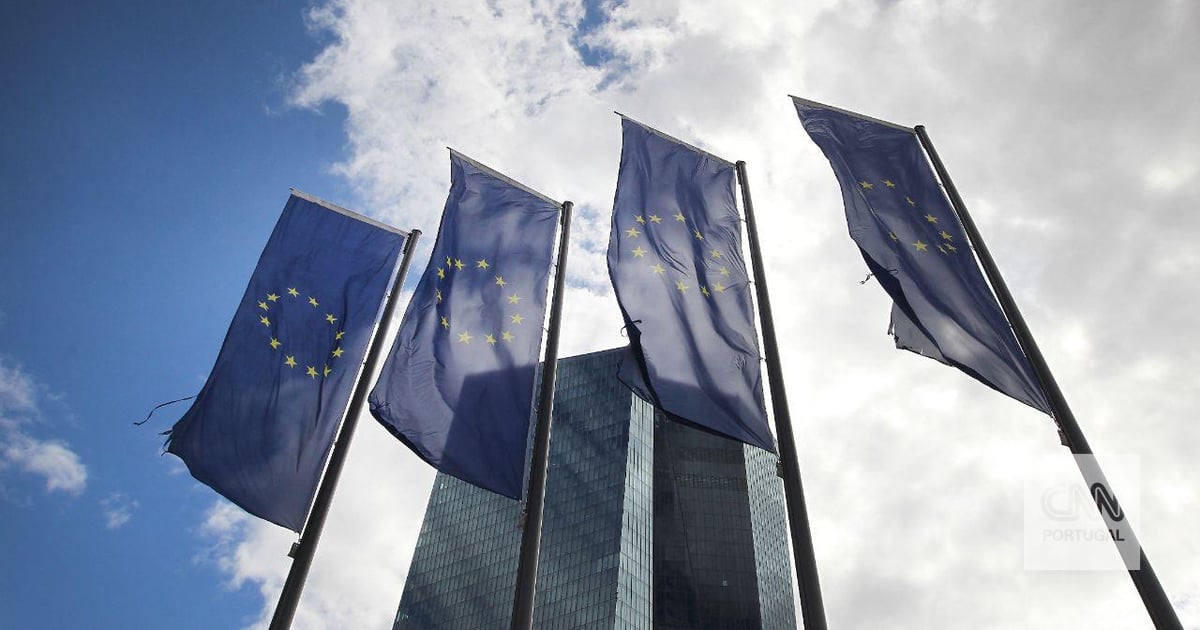At stake is the development of inflation, which forces the European Central Bank to change interest rates to prevent them from continuing to rise sharply. New boarding is an additional charge to your credits
The scenario is outlined by three of the main members of the European Central Bank (ECB): the central bankers of Germany, France and Italy expect that it will be necessary for the ECB to raise benchmark interest rates further – with a direct impact, for example, on housing loans .
In this way, the debate about the path that the European Central Bank will follow in the coming weeks, since the development of inflation, with higher-than-expected increases in February in many European economies, fuels the need to raise interest rates to try to control inflation itself.
Deutsche Bank President Joachim Nager predicted “more significant steps in interest rates” after March, the month in which a 50 basis point rise is expected. “The announced interest rate move will not be the last,” he said.
According to Reuters, financial markets expect the deposit rate, currently at 2.5%, to peak at 4% in December. Among the reference rates, it is the deposit rate that determines the interest that banks receive on deposits made with the European Central Bank.
The French position, voiced by Governor François Villeroy de Gallo, is more cautious, stating that the ECB should be more “gradual” in its increases, ending the hikes in September at the latest. We shouldn’t claim victory too soon – however [deveríamos ser] Gradient and more realistic in the next climb cadence.”
In a similar vein, Ignazio Fiesco, head of the Bank of Italy, has called for more gradual increases, although he ventures that inflation is showing signs of slowing. They may cast doubt on persistent high levels of inflation in the eurozone, reinforcing the arguments in favor of global monetary normalization.
In February, inflation in France, Spain and Germany exceeded all expectations, suggesting that the eurozone figure – known this Thursday – should be higher than economists’ forecasts of 8.2%.
In Portugal, inflation eased in February for the fourth consecutive month, to 8.2%.
The scenario worries investors
This scenario worries financial markets. Not because of the statements of central bankers, but mainly because of the evolution of inflation, market analyst Felipe Garcia tells CNN Portugal. “We all look at the same thing,” he sums up.
Right now, the forecast is that there will be three 50 basis point hikes by the end of summer. If the initial perspective was 25 basis points for the last increase, now it’s at 50 basis points.
“Given the inflation numbers in Europe and beyond, more increases are starting to come in [nas perspetivas dos mercados]”, the analyst testifies. “Not only” include “inflation plus higher-than-expected economic activity” on the other side of the ocean, in the USA.
According to Felipe Garcia, the main concerns revolve around how long high inflation will last. “This inflation is not repeated for a long time. Even because consumers can’t afford it for long,” he says, adding that “the market is a little scared” with this indicator — notorious for, say, the rates built into yield curves.

“Wannabe internet buff. Future teen idol. Hardcore zombie guru. Gamer. Avid creator. Entrepreneur. Bacon ninja.”

